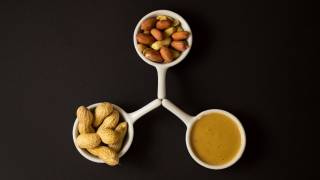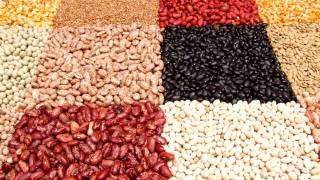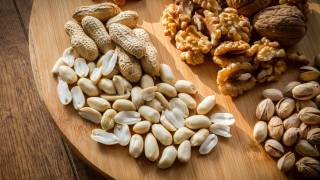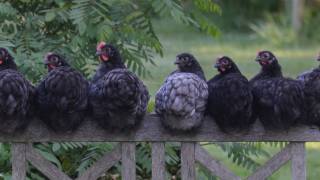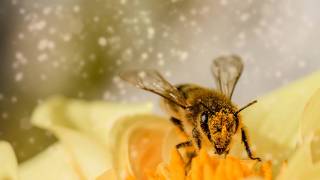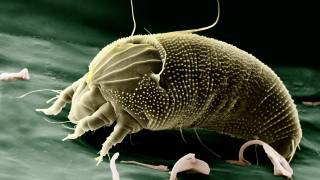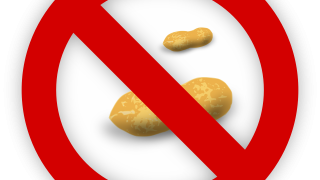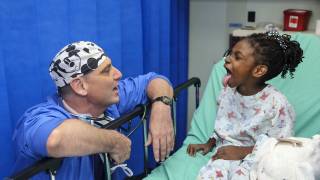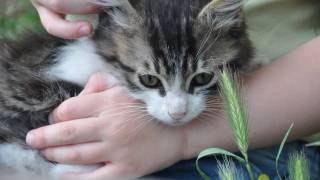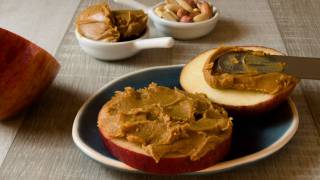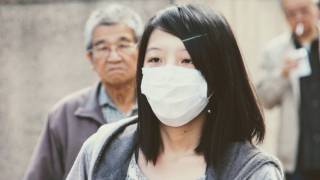Grass Pollen Allergy Vaccine Moves Into Phase 3 Trials

A Phase II-b clinical study reported that four injections of the synthetically produced vaccine BM32, followed by a dose in the second year of treatment, could relieve the grass pollen allergy sufferers' symptoms on average by 25 percent.
Injections of the BM32 vaccine-induced allergen-specific IgG improved clinical symptoms of seasonal grass pollen allergy and were well tolerated, says this research.
Although statistical significance regarding the primary endpoint was not reached, BM32-treated subjects showed an improvement regarding symptom medication, visual analog scale, Rhinoconjunctivitis Quality of Life Questionnaire, and asthma symptom scores in both treatment years.
In the second year, these researchers observed a substantial improvement in the activity of treated patients.
"The more severely the allergy sufferer is affected by grass pollen, the greater the beneficial effect following vaccination," explains Dr. Verena Niederberger-Leppin from MedUni Vienna’s Department of Ear, Nose and Throat Diseases and lead author of the study.
Immunotherapy with BM32 is based on a recombinant peptide-carrier technology, which requires far fewer injections and has fewer side-effects than other immunotherapies for allergy sufferers.
These researchers are assuming that the symptoms will diminish even further if the BM32 vaccination is topped up for a period of years.
Moreover, the BM32 vaccine could potentially be used preventatively.
There are many treatments currently available to manage grass allergies. With careful evaluation and follow up with your allergist, you can have a very high quality of life and enjoy all your activities, says the American Academy of Allergy Asthma Association.
Grass allergies can present in a variety of ways, including nasal symptoms, asthma, and eye symptoms. People can also have skin rashes after exposure to grasses, but this is much less common.
Grass allergies are prevalent because grass pollen scatters in the wind, so you are more likely to breathe it in and thus develop symptoms.
This is different from pollen that gets moved around by insects,
There are two large classes of grasses in the USA:
- Northern grasses include Timothy, Kentucky Blue, Johnson, Rye, and Fescue.
- Southern grasses include Bermuda and Bahia.
This vaccine manufacturing technology was developed at the Christian Doppler Laboratory for Allergy Research at MedUni Vienna, under the direction of Rudolf Valenta, in collaboration with Viennese partner company Biomay AG.
This synthetic manufacturing process involves extracting the B-cell-reactive peptides from the allergen. These peptides are modified so that they lose their bonding properties for allergen-specific IgE and serve as carrier proteins for the necessary support from T-cells.
"This process can be repeated an infinite number of times but the vaccine retains its efficacy, is always of equal quality and safety."
"This is a Viennese product that will revolutionize the treatment of grass pollen allergies," explains Dr. Valenta. https://www.hno-augarten.at/ihre-%C3%A4rztin/
The Medical University of Vienna has transferred the patent for production to Biomay AG.
A follow-on Phase III study and a simultaneous child vaccination study in compliance with all applicable guidelines is scheduled to start in 2019, to create the prerequisites for general approval of the vaccine from 2021.
The MedUni Vienna researchers and experts at Biomay AG believe that other potential applications of BM32 include the treatment of allergies to dust mites, cats, ragweed pollen, and could also bring relief to asthma patients.
These researchers did not disclose conflicts of interest: Verena Niederberger, Angela Neubauer, Philippe Gevaert, Mihaela Zidarn, Margitta Worm, Werner Aberer, Hans Jørgen Malling, Oliver Pfaar, Ludger Klimek, Wolfgang Pfützner, Johannes Ring, Ulf Darsow, Natalija Novak, Roy Gerth van Wijk, Julia Eckl-Dorna, Margarete Focke-Tejkl, Milena Weber, Hans-Helge Müller, Joachim Klinger, Frank Stolz, Nora Breit, Rainer Henning, Rudolf Valenta.
Our Trust Standards: Medical Advisory Committee




